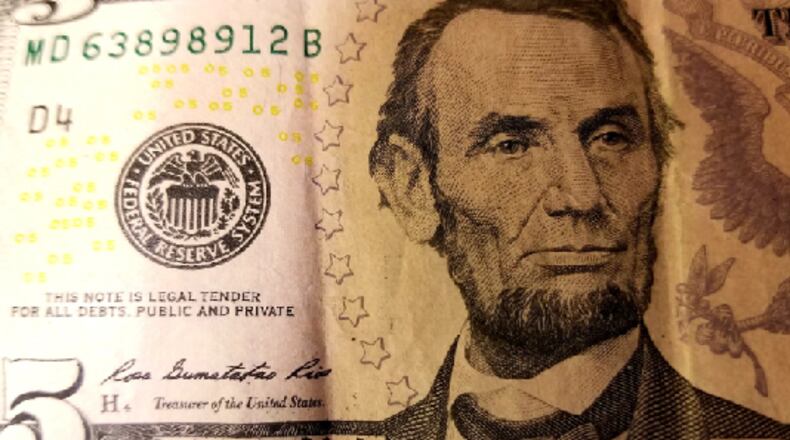"The United States will have collected over $100 billion in tariffs," the President declared; the Treasury Department is forecasting the receipt of $81 billion in import duties for the 2019 fiscal year, which ends on September 30.
For a comparison - 2018 brought in $41.3 billion in tariffs.
While outside groups have different projections, they all point in the same direction - that some U.S. importers and businesses will have to pay much more in taxes because of the President's use of tariffs against China and other nations.
The Trump administration has so far imposed nearly $70 billion worth of new taxes on Americans by levying tariffs on thousands of products: analysis https://t.co/YRCyMr25xW pic.twitter.com/1RgjgMCiPc
— Tax Foundation (@taxfoundation) August 27, 2019
Because the tariffs are paid by U.S. companies - not by China as the President has repeatedly insisted - it's presented Republican lawmakers and conservative watchdog groups with a policy quandry.
"Tariffs are a tax on the American people," said ex-Rep. David McIntosh (R-IN) on NBC's Meet the Press, who now runs the group Club For Growth.
Even President Trump has referred in recent days to his tariffs on China as "taxes."
While there is certainly evidence bubbling up among farmers and some Republicans opposed to the tariffs, other GOP officials say the President is right to press this fight against Beijing.
"Do I like tariffs as a policy on any given day? No," said Sen. Marco Rubio (R-FL).
"Either we do something now, or our economy is going to be gutted," Rubio said, arguing the U.S-China trade relationship must be rebalanced, a case that President Trump has made repeatedly.
About the Author

